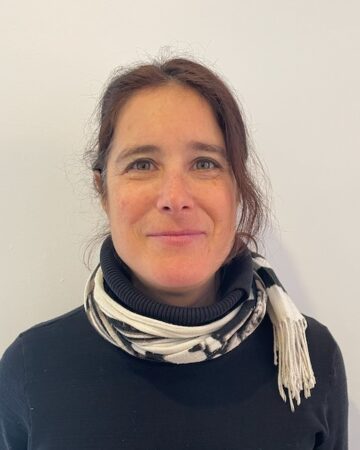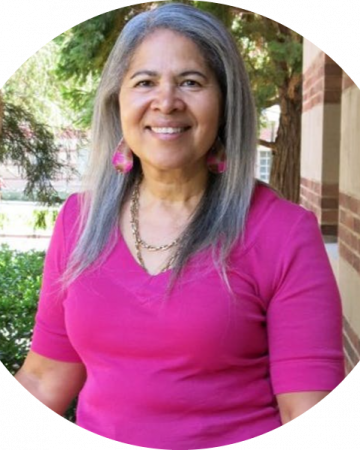Webinars and Talks Part 2
SALTISE | Workshopping the Principles of a Collaborative Design Partnerships Model
In the first of this 2-part webinar series, Dr. Kim Gomez discussed how working collaboratively in partnership can be enhanced through the use of co-design, an exciting and evidence-based approach to increasing the likelihood of successful adoption and implementation of innovative educational initiatives. Montreal-based examples of such initiatives include the Learning Communities project at Dawson College, the Student as Partners project at McGill University, to name a few. These projects bring together faculty from different disciplines, student and faculty pairings, both with the goal of designing and implementing solutions reflecting the expertise, perspectives and mutual respect of the participants. In short, the work and results of such initiatives are centred on equity and inclusion of the education stakeholders.
In this 2nd webinar, we will focus on several case examples to examine how the principles described in Dr. Gomez’s first talk are put into practice. These cases will further illustrate what it takes to make collaborative design work and how challenges have been, or are being, overcome.
Additional Information
- Organizer
-
SALTISE
- Language
-
English
- Fee
-
Free

